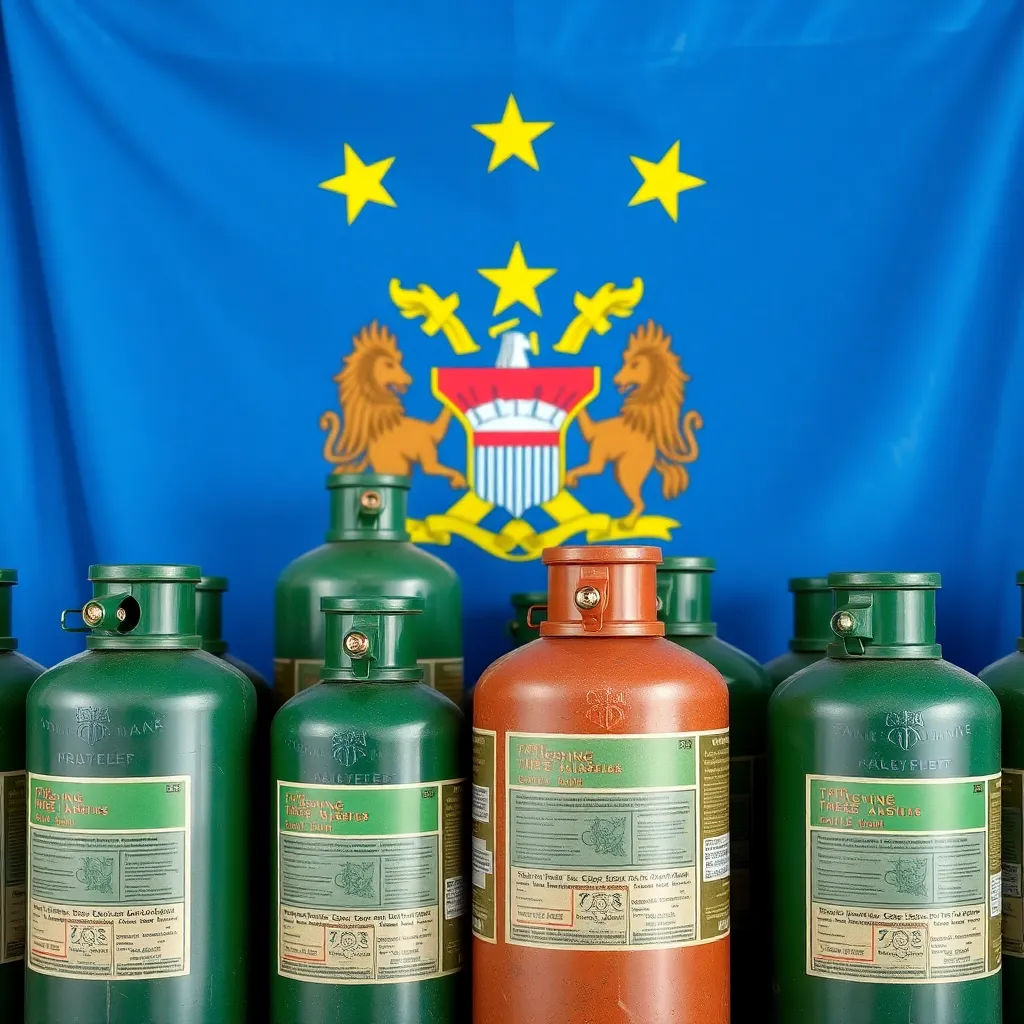

Alabama Uses Nitrogen Gas for Execution for the First Time Despite Ethical Concerns
Odenville, Alabama – In a significant event regarding the use of the death penalty, Carey Dale Grayson, a 50-year-old man, was put to death on Thursday evening. He was the third person in the nation to be executed using nitrogen gas, a new method Alabama has begun to implement for carrying out death sentences.
Grayson was pronounced dead at 6:33 p.m. at the William C. Holman Correctional Facility. The execution was carried out after the U.S. Supreme Court denied Grayson’s request for a stay. His attorneys had claimed that the nitrogen gas method required further examination before being utilized again.
Carey Dale Grayson was one of four teenagers convicted for the brutal killing of Vickie Deblieux, a 37-year-old woman. Deblieux was hitchhiking through Alabama, heading to her mother’s home in Louisiana when she was offered a ride by the four teens in February 1994. Prosecutors stated that the group took her to a secluded area where they beat and assaulted her before throwing her off a cliff.
Deblieux’s body was discovered at the bottom of a bluff near Odenville on February 26, 1994. A medical examiner noted that her face had been severely disfigured, making identification difficult. The only reason she was identified was due to an X-ray taken of her spine before her death.
Law enforcement was able to identify the suspects after one of the teens showed a friend one of Deblieux’s severed fingers while bragging about the crime. Grayson was the only one of the four who faced the death penalty because he was 19 at the time of the killing, while the other three were minors. The U.S. Supreme Court had previously prohibited the execution of anyone under the age of 18 at the time of their crime.
Two of the other teens were initially sentenced to death, but their sentences were later overturned. One other individual involved ended up receiving a life sentence for his role in the act.
As the execution approached, Grayson’s legal team raised concerns regarding the nitrogen gas method. They claimed that it results in conscious suffocation rather than a quick death, and they pointed out that the initial executions using this method did not align with the state’s assurances of a swift end. Witnesses from those earlier executions reported seeing the inmates shake for several minutes, raising doubts about the method’s humanity.
The Alabama attorney general’s office argued that these claims were speculative and insisted that the nitrogen gas method is constitutional. The state has defended the method, although critics are beginning to voice their concerns. Abraham Bonowitz, the executive director of Death Penalty Action, a group opposed to capital punishment, commented, “The normalization of gas suffocation as an execution method is deeply troubling.
As Alabama continues to experiment with nitrogen gas for executions, many are looking to see if other states will follow suit. The implications of such a shift in execution methods raise ethical questions and discussions about the future of capital punishment across the country.
Grayson’s execution marks a significant point in Alabama’s approach to the death penalty and highlights the ongoing debate about its methods and morality.
News Summary LG Chem is investing $3.2 billion in a factory in Nashville, marking a…
News Summary The Tennessee Valley Authority (TVA) has appointed Don Moul as its new CEO,…
News Summary Houston is in mourning following the passing of beloved artist Floyd Newsum, who…
News Summary Memphis-Shelby County Schools (MSCS) has appointed Dr. Roderick Richmond as interim superintendent to…
News Summary A fierce fire broke out at a scrapyard on Florida Street in South…
News Summary A serious car accident in Memphis on Wednesday injured four individuals, including two…